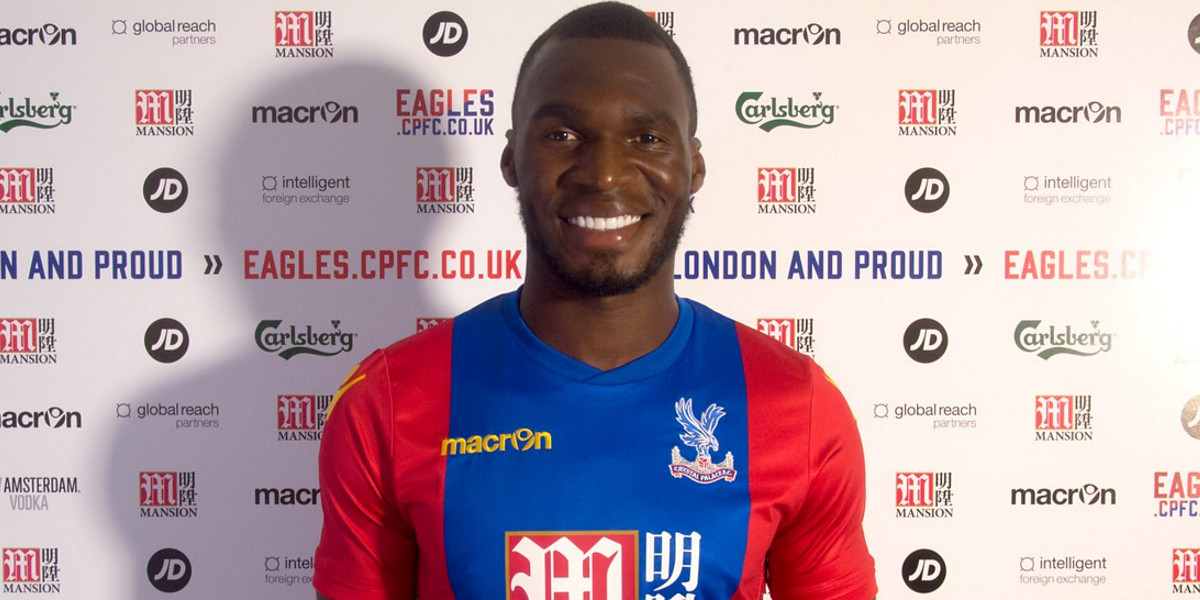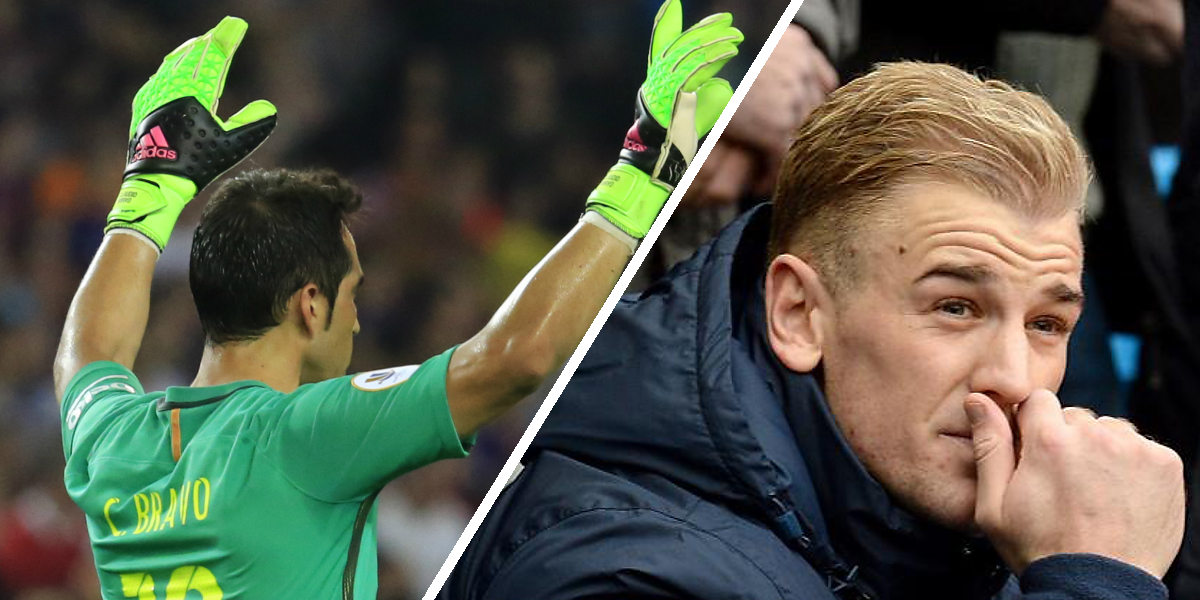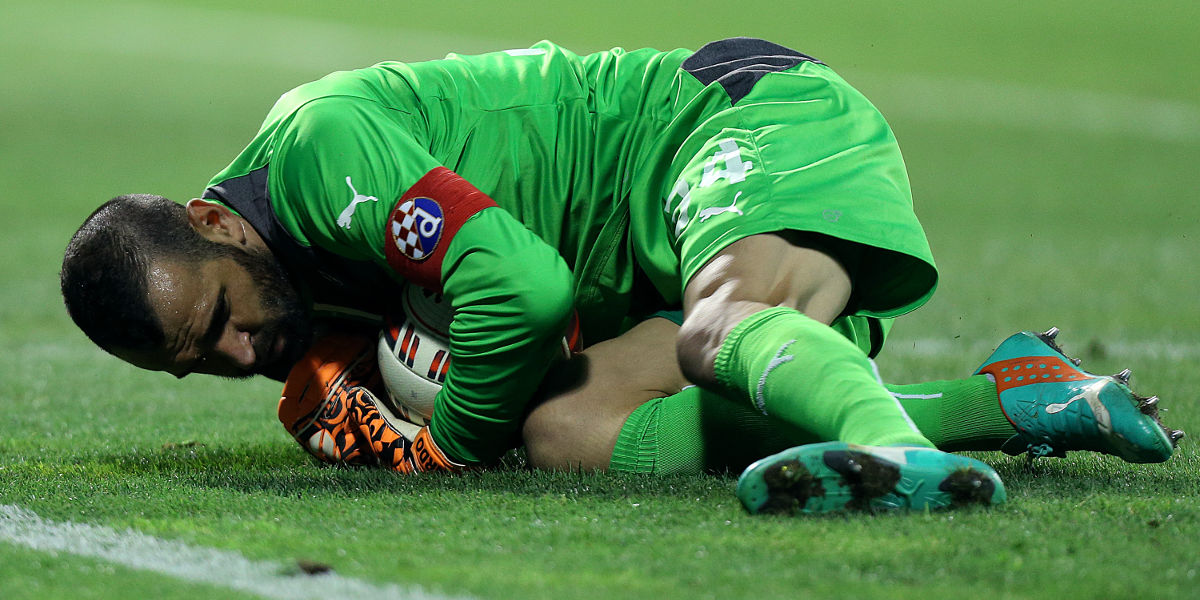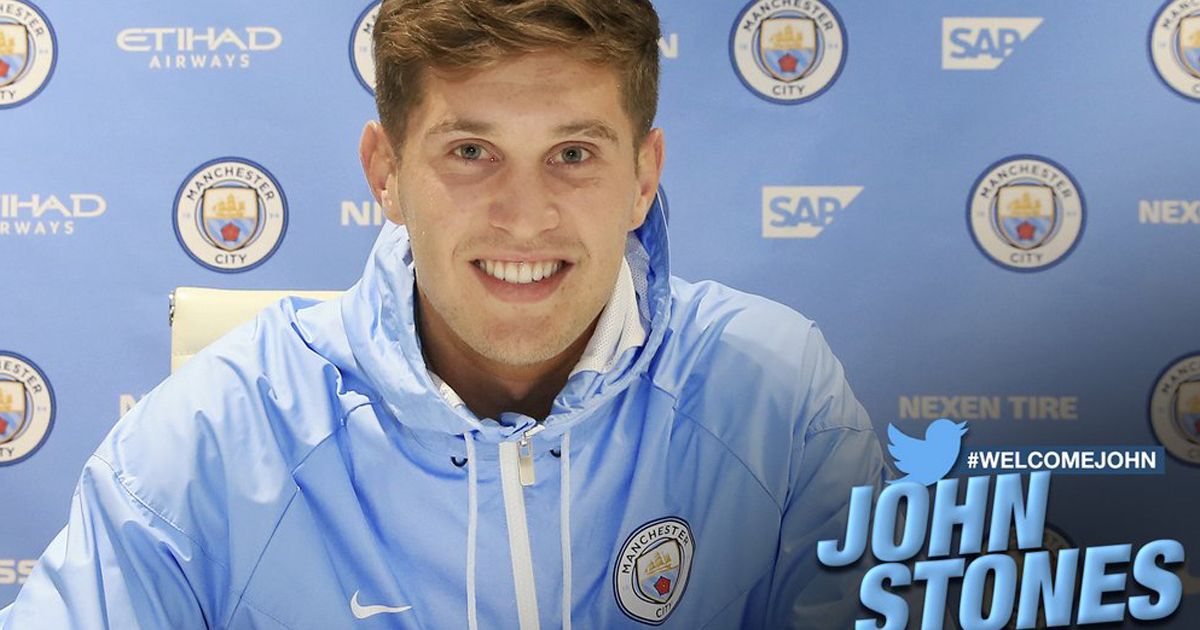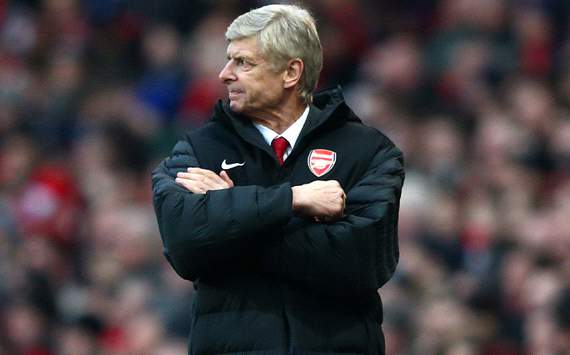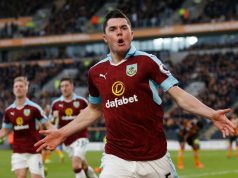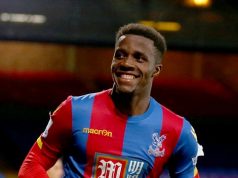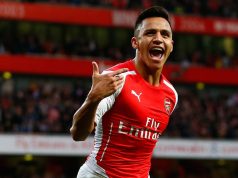By Liam Twomey
As Manchester United prepare to visit the Emirates Stadium as champions on Sunday, two emotions appear particularly prevalent among Arsenal fans: dread at the prospect of their team having to give former hero Robin van Persie a guard of honour as he enters the field, and relief that the prolific Dutchman and his team-mates are not making the trip to London with work still to do.
Of course, there is by no means guaranteed to be an issue; Van Persie may well not start for United and, in any case, the Gunners will merely be returning a favour, having been paid the same tribute by Sir Alex Ferguson’s men immediately following their league title triumph in 1991.
Yet the guard of honour is a particularly self-deprecating mark of respect. The act of applauding the Premier League champions onto or off the pitch can be a sombre and humiliating experience, especially when carried out by players who had designs on the trophy themselves.
It can also serve as a powerful incentive. The year after United paid tribute to George Graham’s all-conquering Arsenal side in 1991, they jumped from sixth to second in the league, before going on to win the title in three of the first four Premier League seasons.
Eleven years on, Sir Alex’s men congratulated the victorious Gunners again before reasserting their dominance. In 2007, Jose Mourinho’s Chelsea used the sting of having to clap United onto the Stamford Bridge pitch as motivation to end the Red Devils’ hopes of a domestic double in the FA Cup final less than a fortnight later.
The remainder of this troubled campaign can offer Arsene Wenger no similar hopes of redemption through silverware – inexplicable cup defeats to Bradford City and Blackburn put paid to that. All that can be gleaned by way of solace is a slight dampening of United’’s title celebrations and a tightening of the grip on a top-four place, considered the bare minimum at the start of the season.
And, perhaps, the most Pyrrhic of victories over Van Persie himself. The Dutchman’s virtuoso display against Aston Villa on Monday means that his first return to the Emirates Stadium carries little tangible meaning, but it is nonetheless a significant moment.
Many at Arsenal will remember him as a traitor or mercenary. History will remember him merely as a formidably talented 29-year-old who, having watched with sadness the slow dismantling of a carefully cultivated Gunners side, sought out a club with ambition to match his own. Less than nine months later, his choice has been vindicated in the most emphatic way possible.
Much of the anger now directed at Van Persie is tinged with gloomy acceptance of this fact. Arsenal finished 11 points behind Carlo Ancelotti’s double-winning Chelsea in 2010. A year later they trailed United by 12 and last season the gap to both Manchester clubs was 19. This term it is already 21 points with four games remaining.
With or without Van Persie, Arsenal have not been in the title discussion for a long time, while their constant participation in the Champions League has yielded little more than financial rewards. All the while, they seem curiously content to be regarded as the Wigan of the top-four race, achieving the same minimum target year after year with seemingly ever-diminishing resources.
Along the way, their decline has been punctuated by a number of potential wake-up calls: the condescending cordiality with which Sir Alex has come to address Wenger, last season’s shocking 8-2 annihilation at Old Trafford, being outplayed on their own pitch by Bayern Munich in February or overrun by Gareth Bale and Aaron Lennon at White Hart Lane a month later, to name just a few.
Yet perhaps the sight of Van Persie in enemy colours, his eyes sporting the unmistakable glint of a man who has just become a champion, will be too startling to ignore. That it will be painful for Wenger and those in the corridors of power at Arsenal, there is no doubt, but it is a blow that they could do with feeling.
The Gunners need to find new reserves of quality and belief in time for next season. A spending spree has been widely touted – is it not every year? – although the stunning success of a wonderful young Borussia Dortmund team has shown it is more important to spend smartly than often.
But however he approaches what will be a crucial summer, Wenger will surely be motivated by the desire to avoid seeing any more of his proteges forge their legacies elsewhere.








